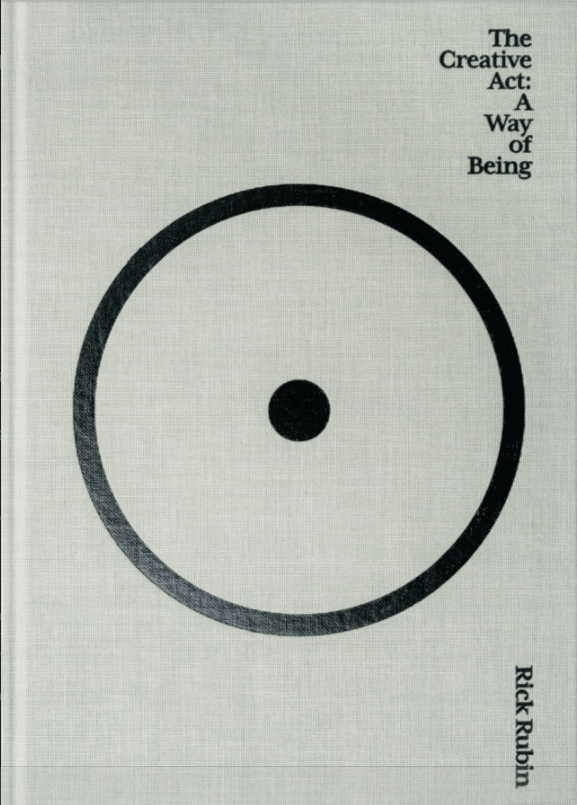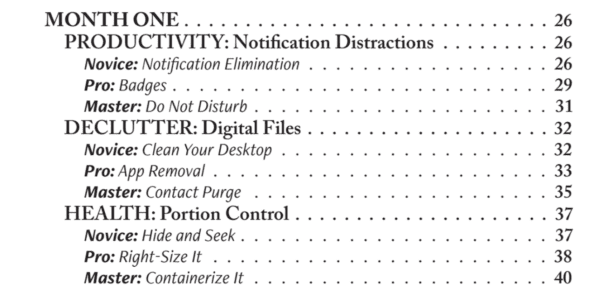
You might think I'm the Queen of Discipline thanks to Gallup's StrengthsFinder, placing it among my top five strengths. Add in my Type A (Awesome) tendencies, and you could say I'm a lover of routines and habits. However, let's spotlight two very different groups of people I work with and see how creativity through discipline fits in their world.
The High-Achievers: Drowning in “Busy”
Many of our clients at RaderCo are high-flying professionals who've mastered the art of “doing.” They're not lacking in motivation; they're drowning in responsibilities. The paradox? They're so swamped that even though they want to form new habits—be it exercising or meditation—they can't see past the urgent to get to the important. They often fall victim to Time Discounting, the belief that their future selves can juggle all tasks, attend their kid's recital, and earn a Ph.D., all while making dinner from scratch. They suffer from tunneling, where their brains are so overwhelmed, and they're multitasking so much that they have extreme decision fatigue. This fatigue makes us resort to status-quo decisions and procrastination.
The game-changer here? Habit stacking is tailored to their packed schedules. They are more likely to be amenable to routines, systems, and processes. They know they can help them. They just aren't always sure how to implement them. When they do? Big wins. Efficiency and purpose are restored.
The Creatives: Rebels with a Cause
Then we have the creatives, the artists who cringe at the idea of a timetable as if it were kryptonite to their creativity. Take Lisa Wood, RaderCo's very own multi-talented artist and accomplished jazz singer. Lisa believed that until her creative husband taught her how schedules could improve her day-to-day life, including her artistic endeavors, and she would feel better and have more energy with her family.

Or let's consider my friend George Hage, a jack-of-all-arts who credits his Master's degree in Project Management for helping him escape the “starving artist” trope. Despite his occupation, he doesn't scorn routines; he sees being organized as integral to his creative success.

My husband, Kevin, is also a creative. He's played drums since he was seven, went to college for percussion, and has taught and performed professionally for 36 years. He's the first person to say he likes and needs a routine (and if I ask him to do anything before he's had coffee, shame on me!). He's often experienced the times when he has an entire day free and thinks that he'll get so much done, but because he doesn't have ‘bookends' or things to schedule in between, he finds he wastes the day away.

I see this with many people, no matter what their personality type. How many times have you taken a day or a week off with big plans, but because you want to be completely unscheduled, you reach the end of your day or week, or even your sabbatical and realize that you frittered it away and didn't make use of your time? You don't have to have a daily agenda, but having some task or goal and an idea to break it up and schedule around will make you significantly more likely to achieve it.
The Unexpected Discipline Advocate: Rick Rubin
Still not convinced? Let's drop the name Rick Rubin, the legendary music producer and a surprising advocate for disciplined living. In his book “Creative Act,” Rubin eloquently busts the myth that discipline and creativity are at odds:
“…the more set in your personal regimen, the more freedom you have within that structure to express yourself. Discipline and freedom seem like opposites. In reality, they are partners… Discipline is not a lack of freedom; it is a harmonious relationship with time. Approaching the practical aspects of your day with military precision allows the artistic windows to be opened.”

Turn Routine into Your Creativity Rocket Fuel
Setting up routines in specific areas of your life can paradoxically free you to be more creative. A morning jog or a bit of journaling can pump your system full of endorphins or spark fresh ideas, preparing you to paint your next masterpiece or compose your next hit. Walking for 15-20 minutes connects the neurons between the right and left hemispheres of the brain, allowing you to think more creatively in problem-solving. Discipline isn't about constraining your creativity but setting the stage for it to flourish.
So, let's end with a challenge: What routine can you establish to supercharge your creativity? Your future self will thank you.


